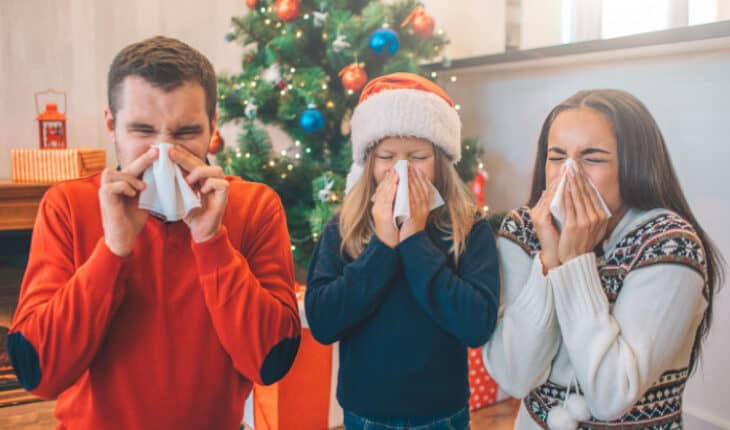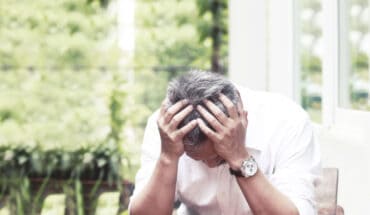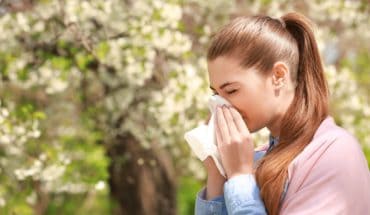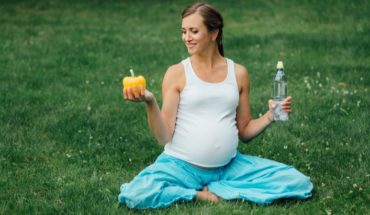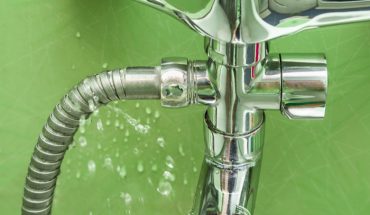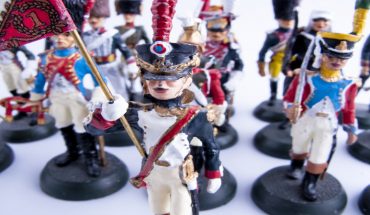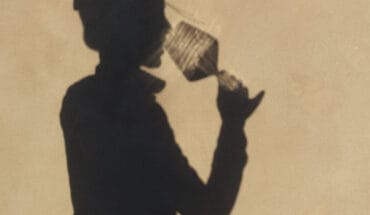Medication to stock up on prior to Christmas
Chemists and doctors will be closed over the Festive period, so it is important to think ahead:
Ensure you have enough of your regular prescription medication and that relatives staying with you have all their necessary pills. The Christmas period is longer than people anticipate and you need to take prescribed medication on a regular basis. If you are travelling and have forgotten your medication, don’t hope for the best. Walk in centres can often help with such issues. Never take anyone else’s prescribed medication.
Other Useful Tips
Friends and family often introduce new germs to the festive mix and being ill over Christmas can be miserable!
Stock up on your trusted cold and flu remedies and throat lozenges. Particularly in the current climate. Ensure you have enough lateral flows and that you test yourself regularly and particularly before meeting anyone new.
Increasing Vitamin C intake can ward off a cold, as can Echinacea
Boost your Vitamin D intake using the spray formula and ideally use this from September to April. This can help boost your immunity and resilience.
Over-eating can cause indigestion (However, please do not confuse indigestion symptoms with that of a heart attack – Heart Attack)
Invest in Rennie, Gaviscon or peppermint oil – alternatively fresh peppermint tea can ease mild indigestion.
Digestive Enzyme available from health food shops can be helpful if you are over indulging, as can charcoal.
Probiotics and probiotic yoghourts can help your gut to recover from over indulgence.
Hangovers
Hangovers are primarily caused by dehydration and so the best way to feel better is to replace the lost fluid and electrolytes. Try to drink water alongside your alcohol intake. Never drink on an empty stomach.
Lucozade Sport, Dioralyte or Berocca can help speed up your rehydration process
Alkaseltza or Ibuprofen (take after food) will ease any headaches, Alkaseltza contains caffeine as well as pain killers and may help restore energy.
Milk Thistle (available from health food shops) may help your liver to recover from the excess.
Please ensure you always read the labels carefully before taking any medications to ensure there are no contraindications.
Look after your mental wellbeing and those of others:
Christmas and the New Year can be a tough time for many people. Look out for yourself and for your friends and neighbours. Reach out to them if they are alone or struggling with their mental wellbeing.
When everyone is together, it can be a time when people are able to talk, or you recognise someone could need additional help with their mental health.
If you need help and guidance to broach difficult conversations or to signpost people to resources and other sources of help, you may find our blog or mental health courses helpful.
https://onlinefirstaid.com/our-courses/enhanced-mental-health-first-aid-course/
https://onlinefirstaid.com/building-resilience/
https://onlinefirstaid.com/everything-you-need-to-know-about-eating-disorders/
https://onlinefirstaid.com/how-to-effectively-deal-with-insomnia/
Ensure you have a well-stocked first aid kit:
Your First Aid kit needs to be easily accessible in case an emergency arises and consequently should not contain any medication (in case children accidentally get hold of it).
The kit should be well organised, ideally in a bag with compartments to allow you to quickly grab what you need.
It is most important that the kits contents are good quality – often cheap kits will not be of sufficient quality should you need to use them.
Your kit should contain a First Aid book or instructions, and contents to treat: major and minor bleeding, burns, breaks and sprains.
Essential contents:
- Tough cut scissors to cut through clothes
- A face shield to protect yourself when resuscitating someone
- Gloves – non sterile to protect you and sterile for treating someone with deep wounds or burns
- Sterile medical wipes to clean a wound
- Wound dressings of various sizes
- Micropore tape to secure dressings and tape fingers and toes
- A couple of calico triangular bandages (ensure they are calico not cheap paper ones)
- Eye dressings
- Sterile saline vial – for irrigating a wound, or washing grit from an eye
- Crepe bandage for sprains and strains
- Plasters – for short term covering of a minor wound
Additional useful contents:
- Burn gel or a burns dressing – to apply to a burn after cooling
- Instant ice pack – at home you can use a bag of frozen peas – Ensure it is wrapped in a cloth as it can cause ice burns
- Foil blanket to insulates someone from the ground, keep them warm and can be folded as a great pelvic splint
- Steri-strips
- Sterile tweezers – for removing small splinters (nothing else should ever be removed from a wound unless by a medical professional)
For more information about the essentials to put in your travel first aid kit, have a look at this article.
Feel like you need some other Christmas tip? Here you can find The Twelve Mishaps of Christmas and how to avoid them.
- What is a seizure? - 13th March 2025
- Febrile Convulsions and Seizures in Children - 13th March 2025
- Why women are less likely to receive CPR or survive cardiac arrest - 6th March 2025

